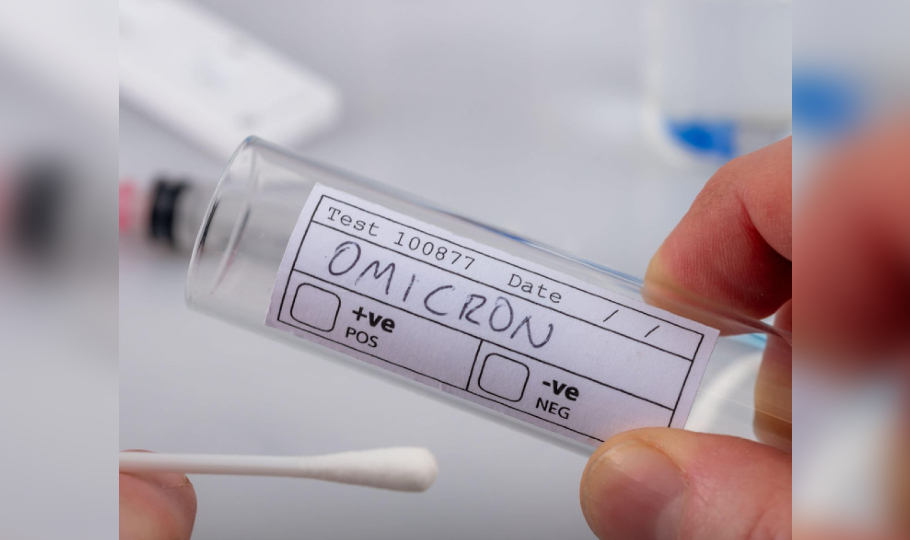
Study finds out reasons why Omicron is spreading rapidly

The Omicron variant of coronavirus can remain alive on skin for over 21 hours, and more than eight days on plastic surfaces, which may be contributing to its faster spread compared to other strains, according to a study.
The researchers from Kyoto Prefectural University of Medicine in Japan analysed the differences in viral environmental stability between the SARS-CoV-2 Wuhan strain and all variants of concern (VOCs).
The yet-to-be peer-reviewed study, posted recently on the preprint repository BioRxiv, found that the Alpha, Beta, Delta, and Omicron variants exhibited more than two-fold longer survival on plastic and skin surfaces, than the Wuhan strain.
According to the research, the average survival times of the original strain, Alpha, Beta, Gamma and Delta variants were 56 hours, 191.3 hours, 156.6 hours, 59.3 hours, and 114 hours respectively.
On skin, the average virus survival times were 8.6 hours for the original version, 19.6 hours for Alpha, 19.1 hours for Beta, 11 hours for Gamma, 16.8 hours for Delta and 21.1 hours for Omicron.
“The high environmental stability of these VOCs could increase the risk of contact transmission and contribute to their spread,” the authors of study said.
Also read: India may not be taking post-COVID counselling seriously
Because it is the most stable among all VOCs till date, Omicron could have replaced the Delta variant and spread at a faster rate, the authors said. The Alpha and Beta variants had similar environmental stability, a finding corroborated by other studies.
Highlighting the effectiveness of disinfectants, the study found that Alpha, Beta, Delta, and Omicron variants showed a marginal rise in ethanol resistance in response to increased environmental stability. However, all variants of concern were completely inactivated on skin by 15 second exposure to ethanol (35% concentration).
(With inputs from agencies)

